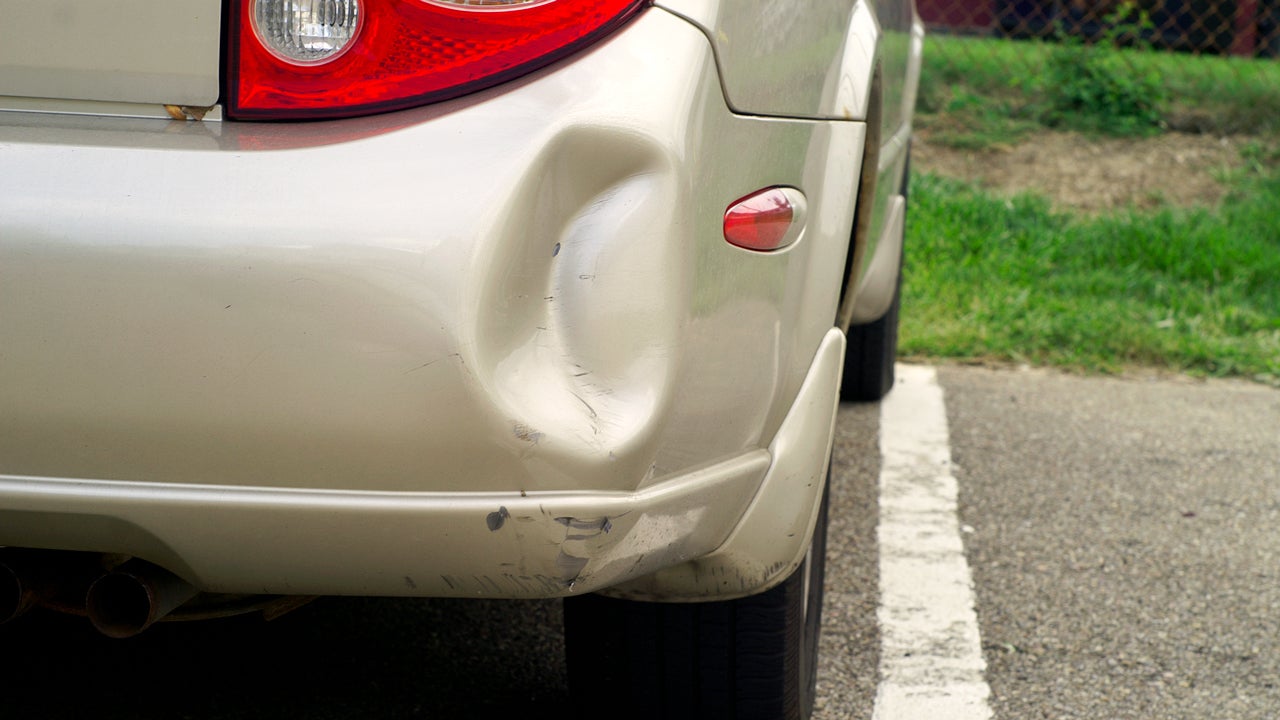How long should you keep your car insurance records?




If you’re wondering how long to keep insurance records, the answer depends on the type of document. In general, you should keep insurance policy paperwork until the policy has expired and all claims (if any were filed) have been settled. But there can be exceptions, especially if you own a business or are self-employed. Below, Bankrate’s team of insurance experts breaks down everything you need to know — from how far back to keep insurance documents to the safest way to dispose of your car insurance records.
Insurance documents you need to keep
It is a good idea to keep your auto insurance statements and related documentation until your car insurance policy expires. These records may include:
- Your insurance ID card. This document acts as proof of insurance. It must be provided at the request of a police officer or when you are involved in an accident in many states. Keep this card as long as the policy term is valid, either in your wallet, glove compartment or center console or as a digital file you can easily access on your smartphone.
- The declarations page of your auto insurance policy. An insurance declarations page gives you a snapshot of what your policy coverage types and limits are, as well as details on what could be excluded from your policy. Retain this document in a safe and accessible place — such as a file cabinet or desk drawer — until the policy period is no longer active and any open claims during the period have been resolved.
- Documents pertaining to a claim. If you have an open claim with your auto insurer, keep all receipts, repair bills and any other paperwork pertaining to the claim. These documents can be disposed of once you have received a check and the claim is officially closed.
- Your monthly billing statement. It may be a good idea to keep monthly statements until your payment has been processed or the policy period has ended. If your policy pertains to a business, speak with your tax professional first, as they may recommend keeping statements for a few years. Statements should be kept in a safe place, like a locked file cabinet or drawer.
Insurance documents you do not need to keep
Nobody wants unnecessary paperwork cluttering up their home, but determining how long to keep auto insurance statements and policies can be tricky. Here are a few items that you generally do not have to keep once the policy has expired.
- Your main policy document. The policy document is the paperwork that includes all the information about what you’ve purchased. It has your limits, discounts, endorsements, coverage options and more. Although you may have a paper copy of this document, your insurer also has it electronically, so it’s likely that you don’t need to keep this, especially after the coverage period ends. You likely only need to hang onto this document until you receive a new one in the mail or online at the start of a new coverage period. Then it can be tossed or shredded.
- Canceled checks from paid premiums. Many banks no longer return your canceled checks. If yours does, you can shred the checks once you have reconciled them with your account.
- Prior ID cards. Most auto insurance policies last for six months to a year. When your policy renews, you will get a new set of ID cards detailing the current policy period and expiration date. Once ID cards have expired, they are no longer needed and can be shredded.
How long to keep insurance records
How long you should keep insurance statements depends on if you have any open claims and how you use your vehicle. Some of the most extensive insurance documents, like the full policy jacket (aka policy form), do not need to be retained for more than a year.
Once you have a new policy in hand, the old one can usually be tossed — unless there is an open claim that still needs to be resolved. In this case, it is a good idea to keep all documents, including car repair and medical care receipts, until the claim has been closed and all payments have been received.
If your policy is for a business, you might need to keep insurance documents for tax purposes for up to seven years. Defer to your tax professional for advice. Keeping insurance documents in a climate-controlled location can prevent mold or fading, and a waterproof and fireproof safe can protect them even further. Once it is time to discard the documents, a cross-cut shredder is one of the best ways to avoid identity theft due to the sensitive information that the paperwork may contain.
If, for some reason, you accidentally discard current policy documents, don’t worry. Your insurer will have copies of all paperwork on file, and you may be able to access them online, as well. A quick call to your agent or customer service should be enough to be issued a new copy to replace the discarded one.
What should you do if you lose important insurance documents?
You can still access your insurance documents if you accidentally tossed them in your last decluttering sweep. The easiest way might be to log into your insurance account, where you can likely access all documents related to your policy.
If you can’t find the information online or prefer to get assistance, you can call your insurance agent and ask them to send you new copies. You’ll probably have to verify your identity, so be prepared to answer a few questions. While you’re talking to the agent, it might be a good time to quickly review any account changes or discount opportunities. If you have questions about your policy or premium, this also gives you a chance to ask them.
Some car insurance companies allow you to access account documents through their mobile app, so it might be worth downloading and checking before you call customer service.
How to properly dispose of old insurance policies
Identity theft is growing across the U.S., according to the Insurance Information Institute. Your policy documents may contain names, addresses, policy numbers and other personal data, and an enterprising thief might use this info for personal gain if your documents are found in the garbage or at a dump site. In general, you should always shred anything that has your name or identifying details on it.
A small home shredder should be adequate for discarding old insurance documents. A cross-cut shredder will cut the pages in two directions, making it harder for potential thieves to get information from discarded documents. If you don’t have a home shredder, some office stores offer shredding services, and many local banks or companies host free shredding days.
Frequently asked questions
Why we ask for feedback Your feedback helps us improve our content and services. It takes less than a minute to complete.
Your responses are anonymous and will only be used for improving our website.
You may also like


How long do you have to report a car accident?

When should I drop full coverage from my car insurance?



